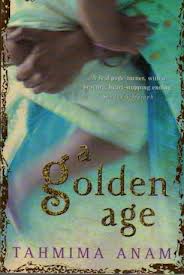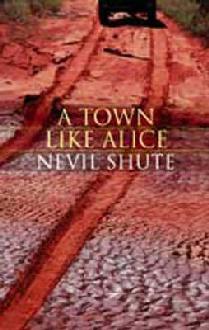I love retelling of our epics(actually I love reading tales from the epics), so when these books came up for review, I placed a request. And was lucky enough to get selected.
Two of the series of five arrived in the post – Ganga and Shantanu, and Satyavati and Shantanu.
Epic Love Stories (2)Ganga and Shantanu

King Mahabhisha, a renowned, and devoted king, enters the heavenly realms due to his devotion and righteous path. One day, all the rajarishis, went to pay homage to Lord Brahma, when King Mahabhisha gets carried away by the sight of Ganga( River Ganga) and ends up being cursed to spend a lifetime as a human.
Around the same time, eight Vasus got a similar punishment for a different crime. Seven of them of them had the lesser punishment of living a year as humans while one of them, had to live a whole lifetime.
The Vasus persuade Ganga to be the person whose womb they are born from. For doing that Ganga has to become Shantanu’s wife, who is none other than King Mahabhisha. Of course, Ganga has other reasons to agree to the Vasus’ request. Ganga and Shantanu meet(arranged cleverly by Ganga),fall madly in love, get married and lived happily together, until the vows that Ganga had extracted out of Shantanu as her condition to get married, come into effect. Conditions that break Shantanu’s heart, but there is nothing he can do, without breaking his promise. And nothing Ganga can do to avoid hurting him. She cannot even explain her actions, as those are the rules. She has to see her love hurt, again and again and do nothing about it. Torn between their word and their love, both Ganga and Shantanu lead a torn existence.
Finally she leaves him,as was ordained, leaving behind a son for him, a son who would go on to make history.
Epic Love Stories (3) Satyavati and Shantanu

The story takes off where Ganga and Shantanu leaves us. Shantanu is happy to have his son, Devavrata, with him. Devavrata, is now a fine young man. Ganga had done a wonderful job with him, he is wise, fair and capable. The kingdom is delighted with their young prince.
Despite having his son with him, Shantanu is still pining away for Ganga. Even the people of his land had started to worry about the state of their king.
In this state, Shantanu meets Satyavati a fisherman’s daughter, and falls in love with her. He just knows that this is the woman for him, the person who give him the happiness Ganga couldn’t give him, the joys of living together forever. Excited, he goes to Satyavati’s father to ask her for her hand, when he is dealt a blow which he could never have imagined.
Shantanu feels cheated by fate and is dispirited and sad, when his son Devavrata, takes things into his hands and makes the ultimate sacrifice for his father’s happiness. An unthinkable sacrifice, the sacrifice which made Shantanu and Satyavati’s love possible.
Both of them are stories from Hindu Mythology, retold by the author, with the focus on the love story. I did wish he made it more than just physical attraction, which was how it came across to me. I wish the author had used some of his literary license and added some emotions beyond ‘love at first sight’, some interpretation which would have added to the story, but that’s just me, asking for more!
The books were very quick reads. 80 pages or so long, and very easy and quick to read. The books were fun to read, but probably not something I would buy and read.
This review is a part of the Book Reviews Program at BlogAdda.com . Participate now to get free books!










